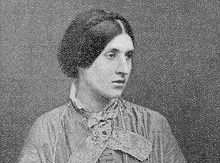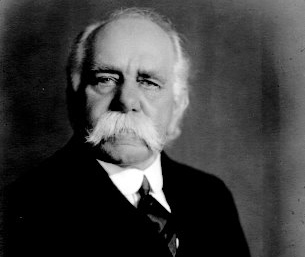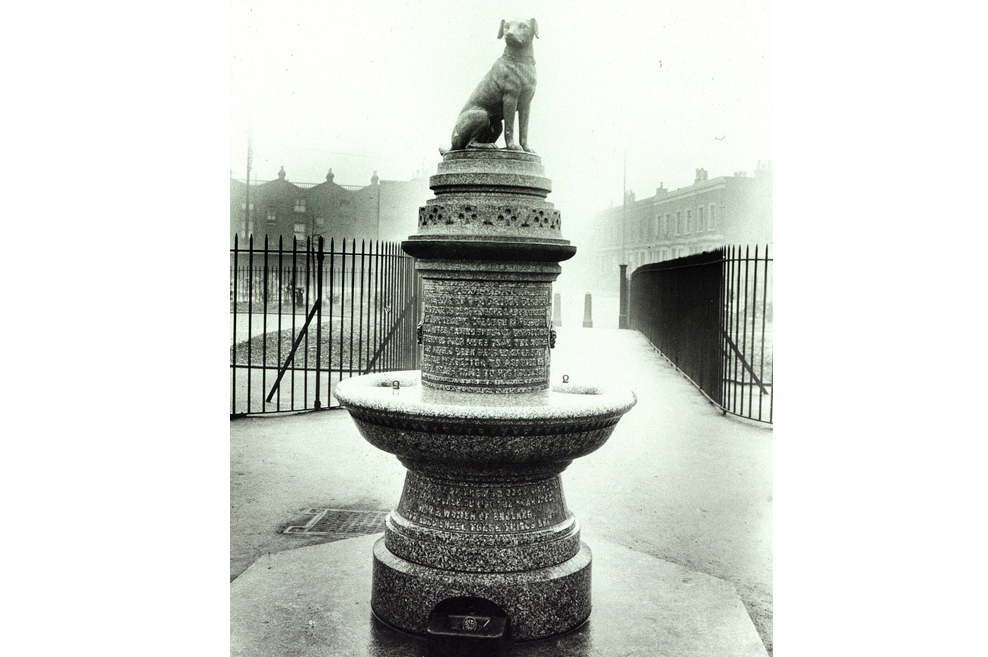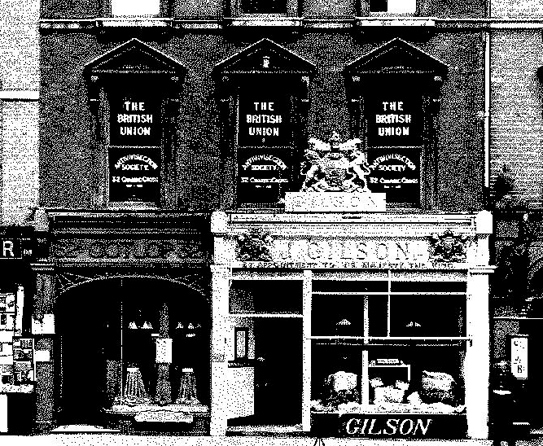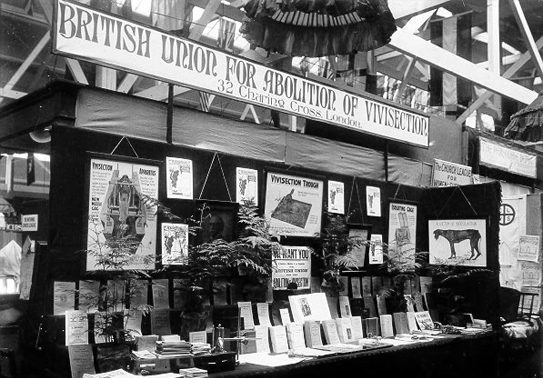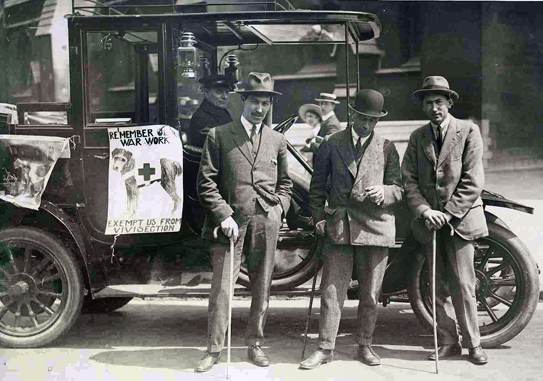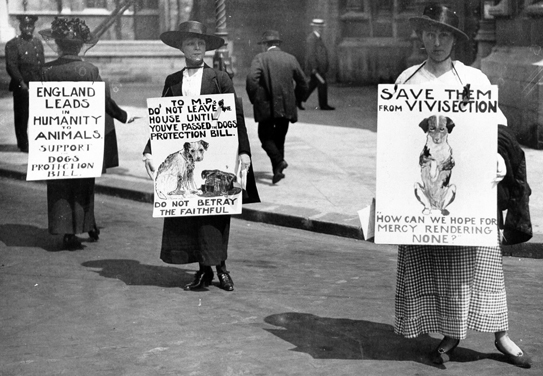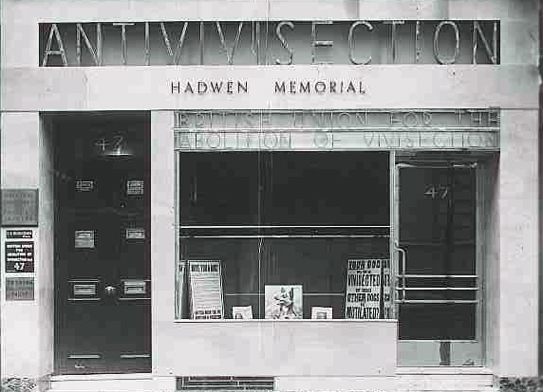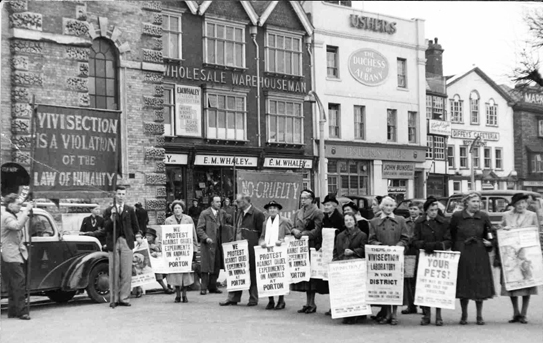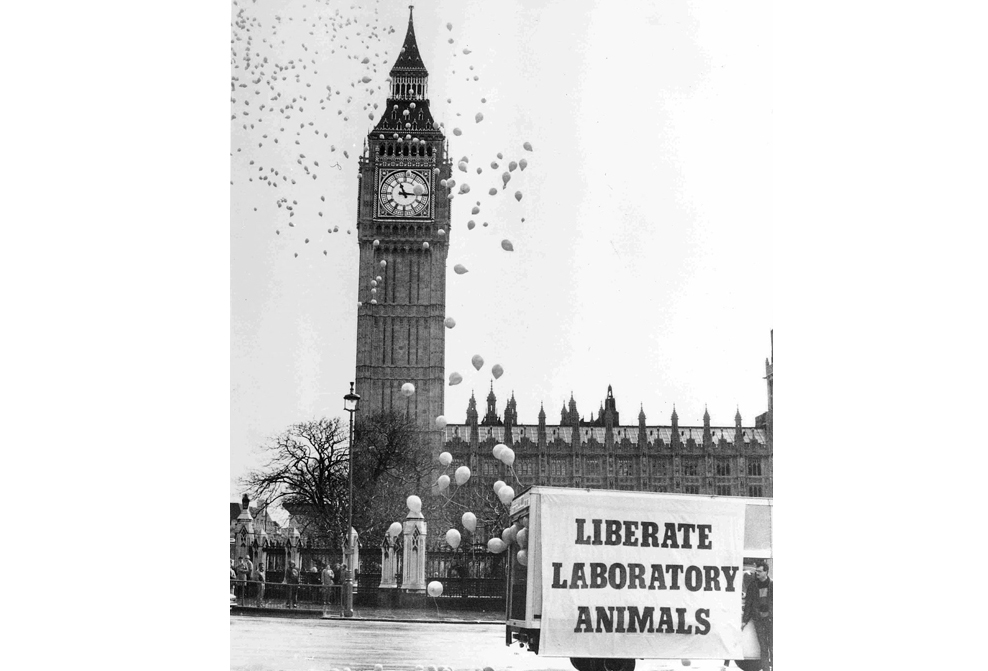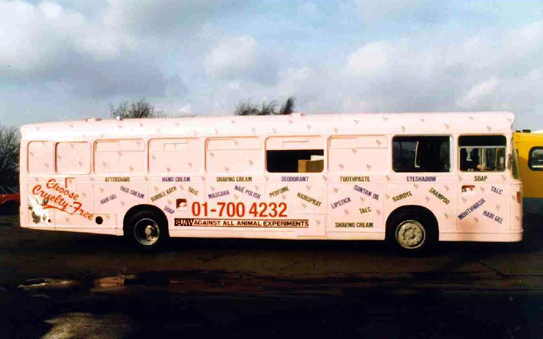Founded in 1898, Cruelty Free International is firmly rooted in the early social justice movement
With a history spanning over 100 years, Cruelty Free International has achieved so much for animals. Bringing the issue to public attention with our dynamic and determined approach, we have inspired generations of politicians, decision-makers and compassionate people to make a difference for animals used in experiments.
Established in 1898, Cruelty Free International is firmly rooted in the early social justice movement and has a long and inspiring history. From humble beginnings, we have developed a reputation as one of the world’s leading authorities working to end animal experiments.
The British Union
Our organisation began life as the "British Union" when it was founded at a public meeting in Bristol, UK on June 14th 1898 by Frances Power Cobbe (1822 to 1904), a formidable women’s rights campaigner and philanthropist.
Frances Power Cobbe
Frances Power Cobbe first came into contact with the suffering of animals in experiments in 1863 when she was travelling around Europe. Deeply affected by what she saw, she began to write articles and speak at public meetings advocating for an end to the suffering of animals in cruel experiments.
She wasn’t alone in this attitude. Queen Victoria declared "vivisection" to be “a disgrace to Christianity and humanity".
An early international movement
Experiments on animals became a major social justice issue in Europe and the U.S. in the late 19th century. And an organised movement emerged made up of so-called “anti-vivisection societies” in the UK. Five of them came together in 1898 as the British Union. By 1940, the Union had no fewer than 154 branches—including six in Australia and one in New Zealand.
The Union’s mission was: “To keep unalterably before its members and the public the fundamental principle of their warfare with scientific cruelty, namely, that it is a great Sin—which can only be opposed effectively when opposed absolutely, and without attempts at delusive compromises of any kind.”
Dr Hadwen
After a lifetime of campaigning, Frances Power Cobbe died of heart failure in 1904 at the age of 81. The famous campaigner Dr Walter Hadwen took over as head of the organisation.
In 1970, we founded the Dr Hadwen Trust, now the UK’s leading non-animal medical research charity, in his memory.
By the turn of the 20th century we had achieved widespread recognition as a professional pressure group with an established voice in the political arena, in both Britain and Europe.
1947 legal ruling
In 1947 all organisations campaigning to end animal experiments suffered a severe blow when the courts ruled that they could no longer have charitable status.
It was argued that the advantages of using animals in experiments outweighed its end. The courts decided that working to end their use was against public interest and therefore not charitable. The loss of tax benefits seriously impacted our income and fundraising activities were stepped up.
The BUAV
In 1949 the organisation became known as the BUAV—the British Union for the Abolition of Vivisection—to avoid confusion with similarly-named organisations.
The BUAV’s campaigning activities continued to grow with the use of more sophisticated campaigning techniques. These included investigations to expose the reality of animal suffering in laboratories, high profile legal challenges, using scientific expertise to find alternatives to animal testing and supporting cruelty-free companies and retailers.
Cruelty Free International
On 1st June 2015, we changed our name to Cruelty Free International to continue the work of our founders to end animal experiments worldwide.

